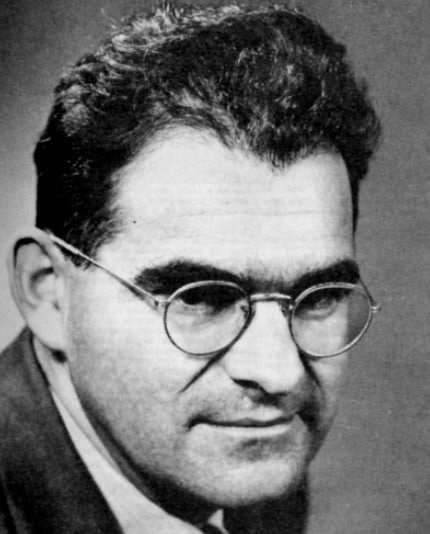
Victor Frederick Weisskopf was born on September 19, 1908 in Vienna, Austria, in a Jewish family. He showed an early interest in mathematics and science and pursued his education accordingly. He studied at the University of Göttingen in Germany, working under the guidance of renowned physicists, including Max Born, Werner Heisenberg and Erwin Schrödinger. In 1931, he was awarded his Ph.D. in physics from the University of Göttingen.
After completing his Ph.D., Weisskopf held positions at various institutions, including the University of Leipzig and the Niels Bohr Institute in Copenhagen. In 1937, as the Nazi regime in Germany gained more power, and anti-semitism was rising to dangerous levels, he emigrated to the United States. There, he accepted an appointment as Professor of Physics at the University of Rochester and served in that role until 1943, when he went to the Los Alamos Laboratory to participate in the Manhattan Project.
After the war, Victor took a professorship in physics at the Massachusetts Institute of Technology (MIT) where he continued his work in nuclear physics and made important contributions to our understanding of the structure of atomic nuclei. His research spanned various areas of physics, including quantum mechanics, quantum electrodynamics, and nuclear physics. He also made significant contributions to the development of quantum field theory and helped formulate the “Weisskopf-Wigner approximation.” His work on the theory of electromagnetic interactions, helped explain phenomena like the Lamb shift and the anomalous magnetic moment of the electron.
Victor Weisskopf played a significant role in promoting science education and the public understanding of science. He served as director-general of CERN, the site of the Hadron Collider, from 1961 to 1966. In the remaining three decades of the 20th century, he received numerous honors and awards. He died on April 22, 2002 at the age of 93. leaving behind a rich legacy of scientific achievement and a commitment to advancing our understanding of the fundamental principles of the universe. He will be remembered as one of the leading physicists of the 20th century.
Weisskopf once stated: Human existence is based upon two pillars: Compassion and knowledge. Compassion without knowledge is ineffective; knowledge without compassion is inhuman.
